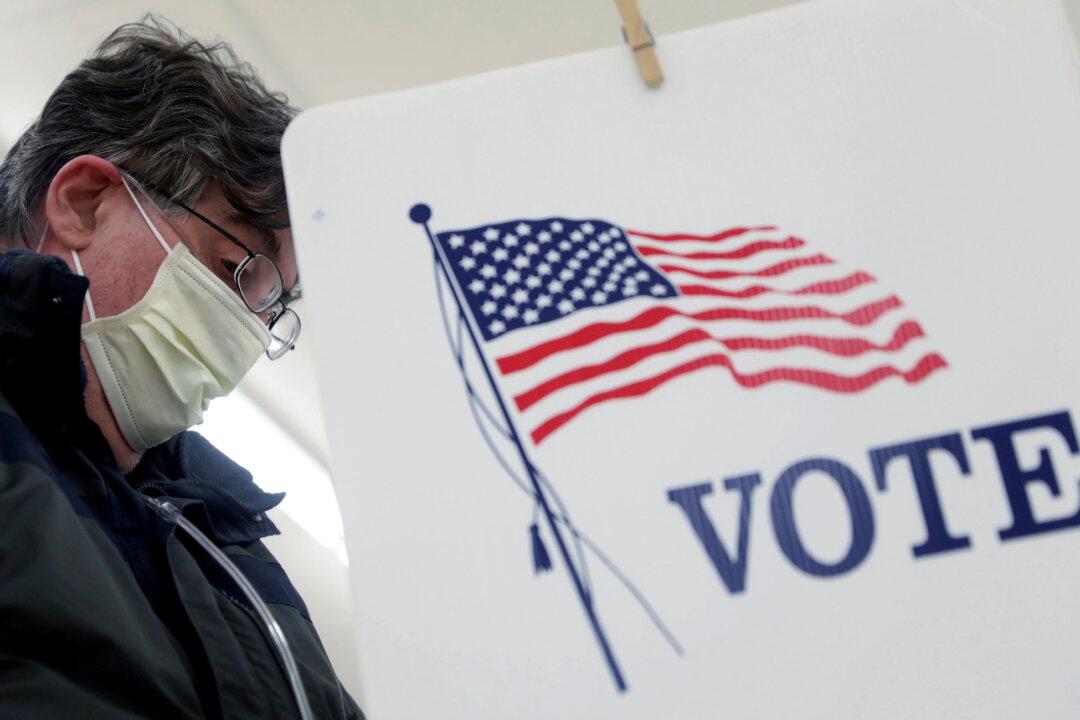Illinois voters will head to the polls on June 28 for primary races to pick their party’s candidates for 17 U.S. House seats, one U.S. Senate seat, and the state’s governor.
Among the House seats, five are in Democratic-leaning districts that are considered winnable by Republicans in a midterm year when the president’s party typically loses ground, according to the nonpartisan, independent Cook Political Report.





